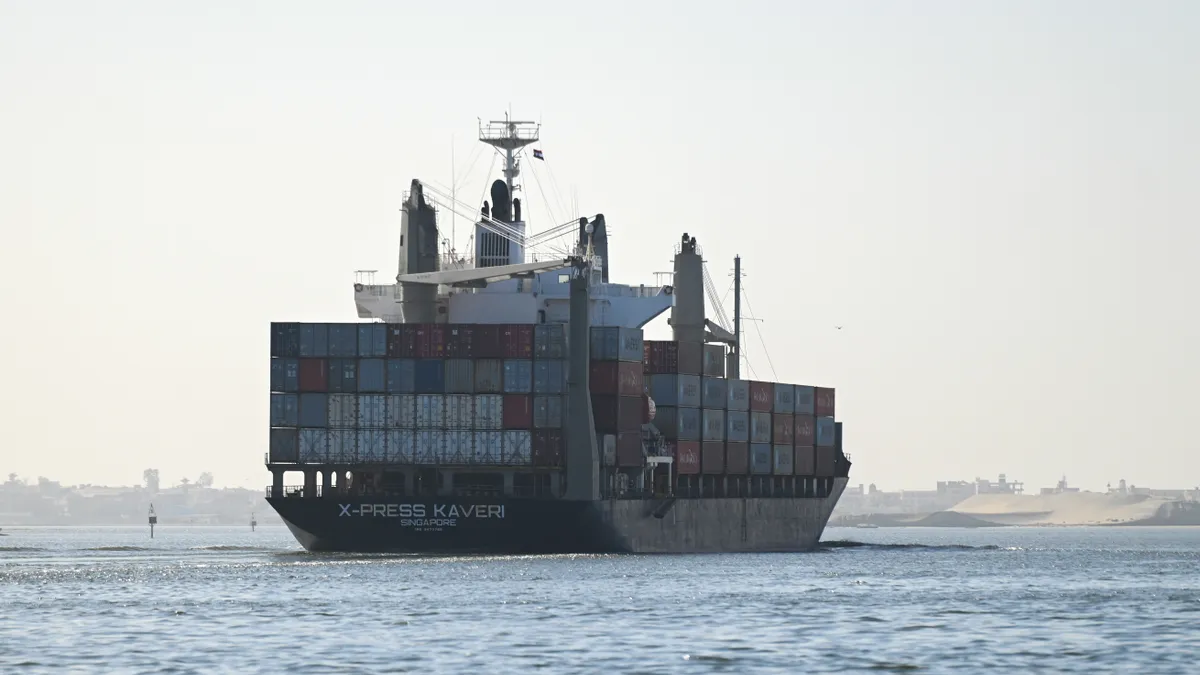While many disruptions of recent years have eased, business leaders still report high levels of anxiety around investing and sourcing amid persistent geopolitical uncertainty, according to AlixPartners’ latest Disruption Index.
The index, released last week, fell 5% year over year in 2023 after falling 4% from the prior year, coming off a big spike in 2021. The index draws from a survey of 3,100 executives, about 10% of whom were CEOs.
CEOs expressed more anxiety than other respondents, with 65% reporting high levels of disruption to their company compared to 49% of non-CEOs surveyed. Large majorities of chief executives also reported worrying that their companies were not adapting quickly enough, their executive teams lacked requisite agility and that they didn’t know which disruptive forces to prioritize.
The consultancy also looked at what it takes to be a disruptor in the current environment, companies that, in the words of the report, devise “strategies and tactics that prepare them to deal quickly with whatever the business environment throws at them — both on offense and on defense.”
In the consumer products industry, companies AlixPartners labeled as disruptors are 35% more likely than others to change their supply footprint by reshoring or nearshoring.
“[S]ourcing, manufacturing, distribution, and retail are all experiencing radical change,” the report authors said. “The smartest companies will act now both up and down the value chain before others take away their options.”
AlixPartners also called out sourcing as a potential competitive advantage in the retail industry, amid rising pressures for sustainable products as well as the impact of geopolitical tensions on suppliers.
Even as supply chains recover from the tumult of the pandemic, other challenges such as armed conflicts and trade disputes have and could continue creating delays and shortages for certain goods in 2024 and beyond, according to experts and analysts.
“Facing continued headwinds into 2024, the winners in this landscape need a shrewd sourcing strategy, agile operations, and a smart uptake of tech like artificial intelligence if they are to stick around to respond to the next evolution in consumer behavior,” the authors said.















